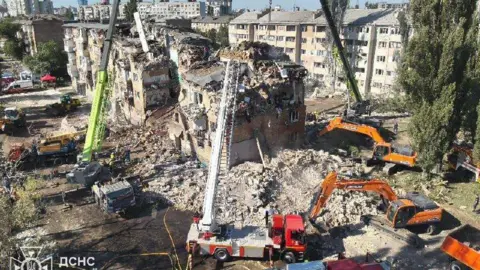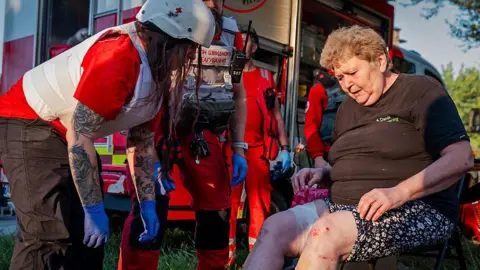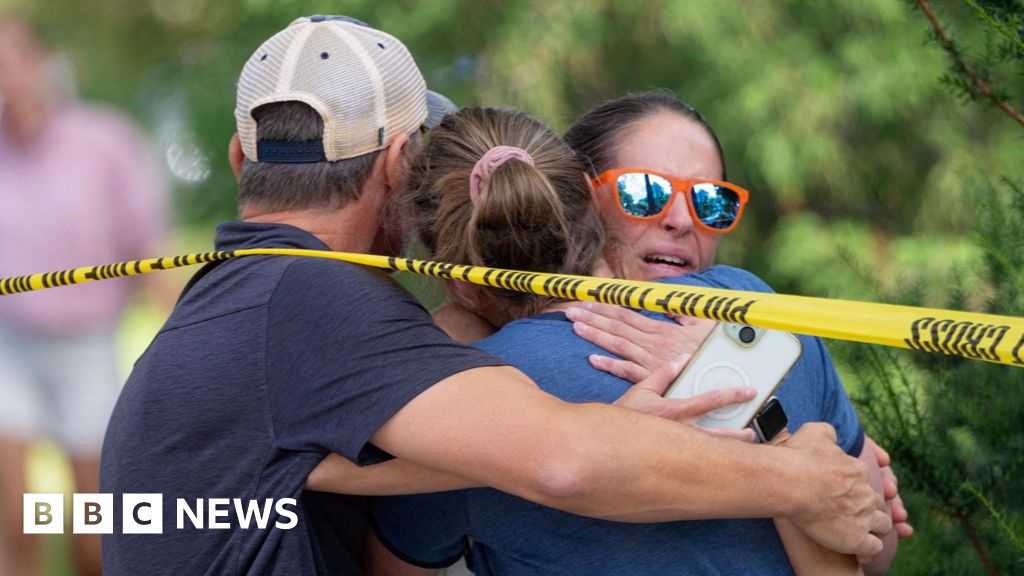Article Text:
Families of three Indian men kidnapped in Mali are growing increasingly anxious as they await news of their loved ones, abducted during a violent incident that has left many questioning their safety. The Indian foreign ministry confirmed that the men, employed at a local cement factory, were forcefully taken by armed individuals last Tuesday, but as a week passes, there has been no clarity on their situation.
So far, the Mali government has refrained from making a statement, while reports indicate that the abductions coincided with multiple attacks claimed by the al-Qaeda-linked group Jama'at Nusrat al-Islam wal Muslimin (JNIM). The instability in Mali is exacerbated by ongoing conflict and terrorism, with evidence suggesting that the Sahel region, which encompasses Mali, Niger, and Burkina Faso, has become a hotspot for violent extremist activities.
With an estimated 400 Indian nationals residing in Mali, the recent kidnapping comes on the heels of a similar incident in early April, when five Indians were taken in Niger during a raid that also resulted in fatalities among local military forces. Both nations face a dire security situation with rising terrorism-related fatalities, according to the Global Terrorism Index.
In response to the abduction, India's foreign ministry has urged citizens in Mali to remain vigilant and maintain communication with the Indian embassy in the capital, Bamako. However, many family members of the kidnapped men, who were taken from the Diamond Cement Factory in Kayes, expressed frustration over the lack of updates and support from local authorities.
Residents in Kayes reported chaos during the day of the incident, describing sounds of gunfire as the attacks unfolded. Amid these fears, the families have reached out to various officials for assistance, including a plea from Naveen Patnaik, the former chief minister of Odisha, urging the Indian Foreign Minister to intervene in the matter.
Family members of the kidnapped men, including Panad Venkatramana and Amaralingaeswara Rao, continue to grapple with uncertainty. Venkatramana’s mother recounted her last conversation with him before he was abducted, while Rao's family, who had anticipated his visit back home in October, is left hoping for a safe resolution.
As investigations continue, the situation remains precarious, and families demand answers and action from the authorities to ensure the safe return of their loved ones.
Families of three Indian men kidnapped in Mali are growing increasingly anxious as they await news of their loved ones, abducted during a violent incident that has left many questioning their safety. The Indian foreign ministry confirmed that the men, employed at a local cement factory, were forcefully taken by armed individuals last Tuesday, but as a week passes, there has been no clarity on their situation.
So far, the Mali government has refrained from making a statement, while reports indicate that the abductions coincided with multiple attacks claimed by the al-Qaeda-linked group Jama'at Nusrat al-Islam wal Muslimin (JNIM). The instability in Mali is exacerbated by ongoing conflict and terrorism, with evidence suggesting that the Sahel region, which encompasses Mali, Niger, and Burkina Faso, has become a hotspot for violent extremist activities.
With an estimated 400 Indian nationals residing in Mali, the recent kidnapping comes on the heels of a similar incident in early April, when five Indians were taken in Niger during a raid that also resulted in fatalities among local military forces. Both nations face a dire security situation with rising terrorism-related fatalities, according to the Global Terrorism Index.
In response to the abduction, India's foreign ministry has urged citizens in Mali to remain vigilant and maintain communication with the Indian embassy in the capital, Bamako. However, many family members of the kidnapped men, who were taken from the Diamond Cement Factory in Kayes, expressed frustration over the lack of updates and support from local authorities.
Residents in Kayes reported chaos during the day of the incident, describing sounds of gunfire as the attacks unfolded. Amid these fears, the families have reached out to various officials for assistance, including a plea from Naveen Patnaik, the former chief minister of Odisha, urging the Indian Foreign Minister to intervene in the matter.
Family members of the kidnapped men, including Panad Venkatramana and Amaralingaeswara Rao, continue to grapple with uncertainty. Venkatramana’s mother recounted her last conversation with him before he was abducted, while Rao's family, who had anticipated his visit back home in October, is left hoping for a safe resolution.
As investigations continue, the situation remains precarious, and families demand answers and action from the authorities to ensure the safe return of their loved ones.



















